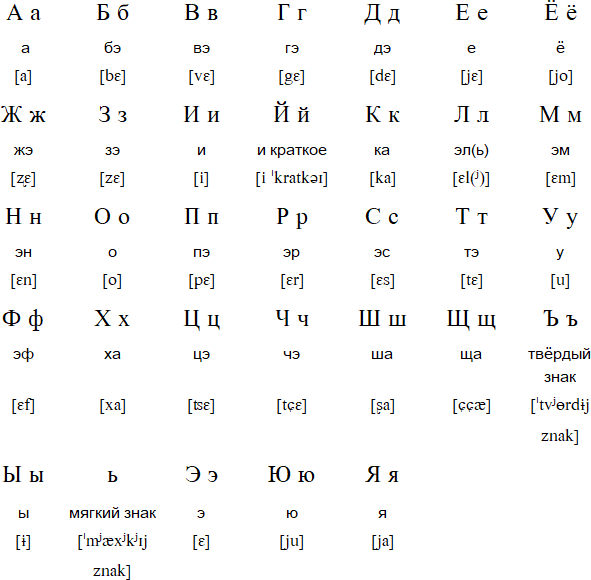The russian language does not have words for the a or an

The Russian language does not have words for “the,” “a,” or “an.”

When learning a new language, one of the first things we usually learn is how to use definite and indefinite articles. In English, we use the words “the,” “a,” and “an” to refer to specific or nonspecific objects or concepts. However, when it comes to the Russian language, you might be surprised to find that these articles simply don’t exist. Russian is a language that doesn’t require the use of definite or indefinite articles.

Why doesn’t Russian use articles?
Unlike English, which heavily relies on articles to convey meaning and specificity, Russian utilizes different grammatical tools to achieve the same purpose. Instead of using words like “the,” “a,” and “an,” Russian employs a combination of word order, declension, and context to distinguish between definite and indefinite objects.
The importance of word order in Russian
In Russian, word order plays a crucial role in determining the subject, object, and context of a sentence. Unlike in English, where the position of an article can change the entire meaning of a sentence, Russian relies on the noun’s position within the sentence structure. This allows the speaker to convey whether the noun is definite or indefinite without the need for articles.
Declension in the Russian language
Another essential aspect of the Russian language is declension. Nouns, pronouns, and adjectives in Russian undergo a change in form based on their case, number, and gender. This system enables speakers to differentiate between specific and nonspecific objects or subjects without the use of articles. By modifying the endings of words, Russian speakers can express ideas of possession, location, direction, and many other grammatical functions.
Context matters in Russian
Context is key when using the Russian language. Without relying on articles, Russian speakers often use context and other surrounding words to indicate whether a noun should be interpreted as definite or indefinite. For instance, if someone is talking about a book and says, “Я ищу книгу” (meaning “I am looking for a book”), the context would determine whether the person is referring to a specific book or any book in general.
Learning Russian without articles
For English speakers learning Russian, adjusting to the lack of articles may pose a challenge at first. However, understanding how Russian grammar and syntax function can make the transition smoother. By focusing on word order, declension, and context, learners can effectively convey specificity and nonspecificity without the use of articles.
In conclusion, the Russian language is unique in that it does not require definite or indefinite articles. Instead, it relies on word order, declension, and context to distinguish between specific and nonspecific objects. By embracing these linguistic nuances, English speakers can confidently navigate the Russian language and fully embrace its rich cultural heritage.
Source: Celebrate Russian Language Day
Tags
Share
Related Posts
Quick Links
Legal Stuff

